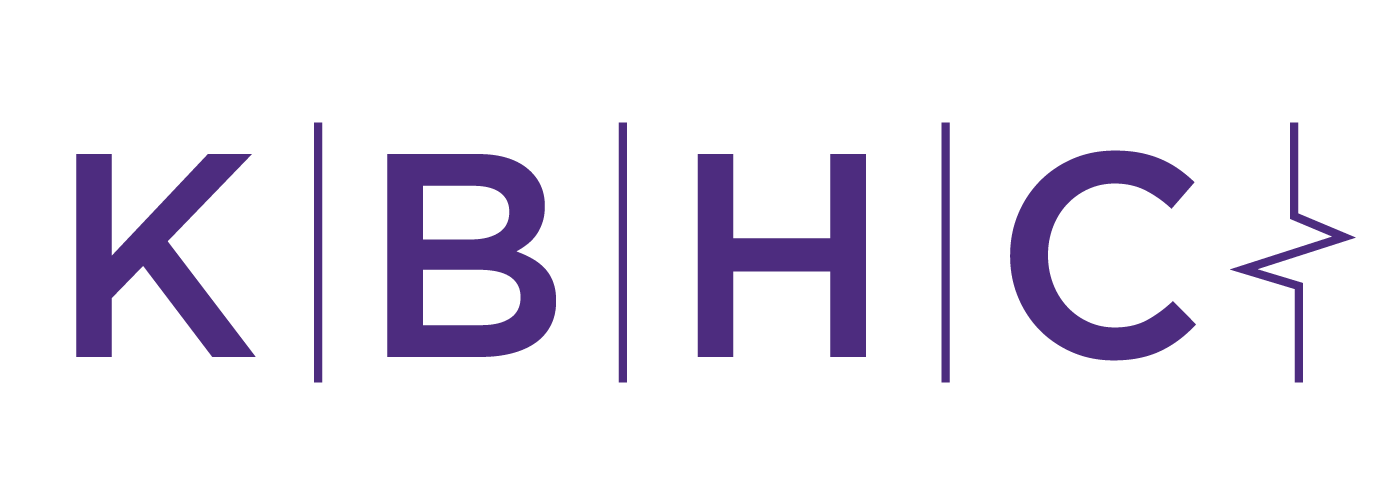Improving the Future of Healthcare with Tada
Rohan Parambi ‘22 chats with Chris Chadwick about the work Tada is doing to use data analytics to improve the future of healthcare.
Chris Chadwick is a Procurement Director & Executive Leader with 15+ years of experience leading global procurement teams, sourcing strategy, digital transformation and change management strategies while managing billions of dollars. At Tada he is responsible for procurement, healthcare and distribution customers.
RP: In recent years there has been an upsurge in the number of data analytics companies. How is Tada different from other data analytics companies?
CC: Our founding team has been helping enterprises with digital transformation for over 25 years. We saw companies of all sizes in every industry failing to digitize their business quickly or successfully. One of the reasons they kept failing was that their data was connected bit by bit without thinking about the business context. After investing a huge amount of time and money, they still had data silos and unusable systems.
So, we started Tada to build a unified Digital Fabric of an Enterprise that connects people, processes, and players within an ecosystem to allow them to collaborate, adapt and respond to change immediately. We have achieved this through our patented Digital Duplicateâ technology. It creates a replica of the business ecosystem which allows us to connect disparate sources of data and break down the data silos. Due to this technology, we can implement and launch in only 6 to 8 weeks, allowing for immediate impact and benefit across business units.
Our solution also has the capability to repurpose and configure our solutions for new clients. Before we start building an app for our customers, our team of consultants conducts intensive workshops to understand clients’ business and their requirements. These workshops help us to build an app through which the client can see an immediate benefit.
RP: What are the unique challenges faced in the healthcare industry and how is Tada helping to solve them?
CC: We are currently operating in Residential Care and Hospital System Shared Services space. Both have their unique set of challenges. Residential care providers operate on a very thin margin, so streamlining operations and having real-time visibility into their financial performance is of utmost importance. High employee turnover rate has been a long-standing problem for residential care providers. Statistics show turnover rates are anywhere from 45-70 percent and upwards for most senior living communities, with $2,500 being the average cost to replace a skilled employee.
Working in these industries during COVID-19 brought on new, unforeseen challenges. One pertinent issue is that the pandemic has exacerbated the low occupancy rate of residents. Tada has several capabilities which help residential care providers to effectively tackle these problems. For example, we have built a precision staffing solution, providing a dynamic recommendation engine to match type, skill level and shift pattern to the number and acuity of patients. Additionally, this solution assists managers to accurately staff a unit for a week, day or shift to achieve STAR quality metrics while managing the financial constraints as patient populations flex. It also gives the residential care providers visibility into the turnover ratio and provides recommendations to reduce the turnover rate.
With billions of dollars of medical equipment, hospitals and health systems face high operating costs because of inefficient asset utilization and capital allocation. Tada uses equipment utilization and capital management capability to provide a single source of truth for all medical equipment across a location, region or health system. Our system helps identify downtime, availability, utilization, revenue and productivity of all medical assets. It also drives data-driven capital planning, reduction of capital expenditures, and monetization of underutilized assets.
RP: What are some of the areas Tada is focusing on in the long term? What are some of the more near-term initiatives you are most excited about in the coming year?
CC: Longer term, we are working on completing a Shared Services Data Fabric. The scope of this is to cover all aspects of a health system infrastructure required to support clinical operations. This design includes Facilities, Fleet Management, Contracted Services, Purchasing, Supply Chain, Asset Management, Demand Management and Order Fulfillment. Our goal is to create a data fabric and digital twin of an entire health system that aggregates data and allows for real-time analysis, scenario planning and decision making.
Short term, we are working on demand-based fulfillment and exception management. This tool allows the customer to fulfill clinical materials based on historical usage. It’s becoming an issue with staff shortage to get clinical staff to trigger demand. We believe it will be more efficient and cost-effective in most cases to schedule restocking based on demand.
The second part of this tool will flag requisitions for products that don’t align with the approved vendors/SKUs. These requisitions will be flagged for review before a PO is launched, minimizing new products and new vendor introductions without proper due diligence.
RP: How would you describe working at TADA and what is your favorite part of working there?
CC: At Tada, we are constantly working together to solve healthcare's unique and complex challenges by using innovative technology. We have a collaborative culture where we continuously learn from each other and maximize our customers' value from the solutions. The best part of working at Tada is the opportunity to witness the real-time impact we are creating for clients and helping them to unleash their full potential.
ABOUT THE AUTHOR
Rohan Parambi, part of the Kellogg Northwestern ‘22 class, leads the Dealership vertical for Tada and provides leadership in the area of product solution portfolio & development, go to market strategy, client relationship & program execution.


